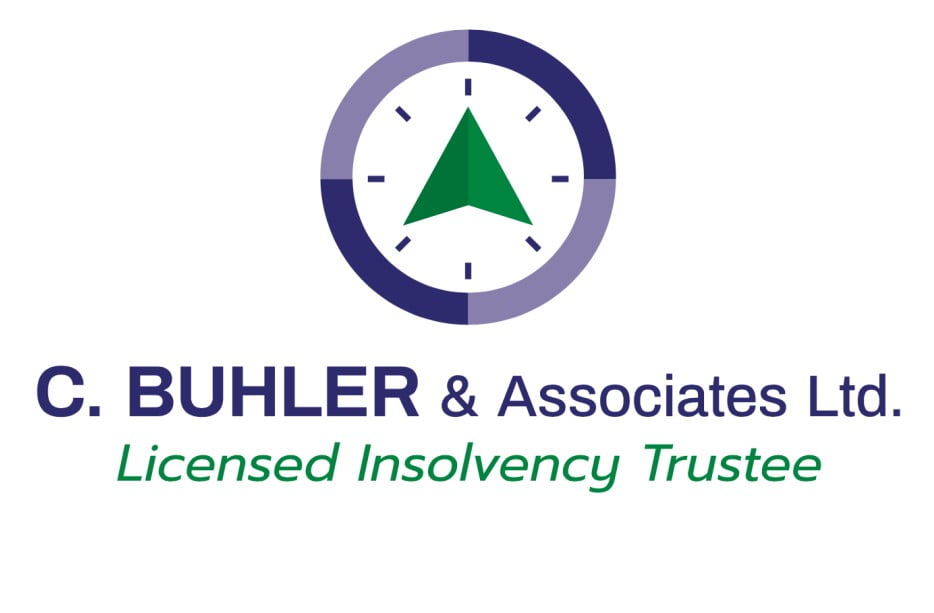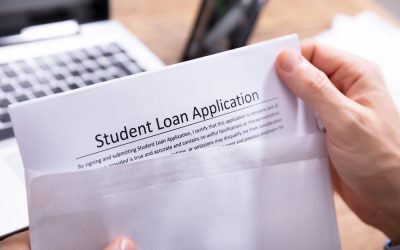No-one wants to go bankrupt, but sometimes declaring bankruptcy is the best way to deal with debt and get debt relief. We understand that life often throws you a curve ball. Things like divorce or separation, illness, and job loss are common causes of bankruptcy in Canada.
My name is Crystal Buhler, and I’m a Licensed Insolvency Trustee with C. Buhler & Associates Ltd. We are licensed by the Canadian government to file bankruptcies, and as such, we want to help you understand what happens if you decide to declare bankruptcy.
Bankruptcy is a legal process designed to help an honest but unfortunate debtor gain a fresh financial start. Although bankruptcy starts on the day it is filed, it is the end of the bankruptcy that is the most important milestone. It is only once a bankrupt becomes legally discharged that their debts are gone, and they are no longer required to pay them back.
Bankruptcy can only be filed with a Licensed Insolvency Trustee. The role of the trustee is to ensure that the rules and laws around the bankruptcy process are applied fairly to both the debtor and creditors.
Bankruptcy legislation provides immediate protection from creditors. We call this a Stay of Proceedings. It is the stay that ensures collection agencies and creditors must stop calling and can also serve to stop wage garnishments, even if its already started.
To be eligible to file bankruptcy in Canada you must be an insolvent person which means you:
- owe at least $1,000 in unsecured debt,
- are unable to pay your debts as they come due or
- you owe more in debts than the value of the assets you own, and finally
- you must either reside, do business, or have property in Canada.
Three common questions people have when considering bankruptcy are:
- What happens to my assets? Do I lose everything?
- Will all my debt be covered by the bankruptcy?
- What happens to my credit score, and how soon can I get a loan after bankruptcy?
Although each situation is unique, I’ll quickly touch on each of these questions:
First, – What happens to your assets?
There are consequences to declaring bankruptcy, but this does not mean that you lose everything. Bankruptcy is meant to help you start over; it is not intended as a punishment. Provincial and Territorial laws determine what assets you can keep, but in general, you can keep your basic personal belongings and household furnishings, and any tools of the trade used to earn your income. There are many other items excluded from a bankruptcy, but because the lists vary by region, it’s best to contact a Trustee if you have concerns about assets you’d like to keep.
It is important to note, secured creditors (like a mortgage or car loan) are not automatically included in a bankruptcy. These creditors retain their rights and so long as you can keep up with your monthly payments on secured debts, it may be possible to keep assets like a car and your home in a bankruptcy.
What happens to your debts?
Bankruptcy will clear most, if not all, of your unsecured debts. Amounts you owe at the date of filing are included in your bankruptcy.
Specifically, bankruptcy eliminates credit card debt, lines of credit and unsecured loans at banks, payday and other short-term high interest loans, and even Income tax debts.
Some debts cannot be forgiven through bankruptcy, such as child support payments, and debts due to fraud or court fines.
What happens to your credit score?
Your credit rating will be impacted by the bankruptcy; and the details of your bankruptcy will remain on your report for between six and eight years if it was your first bankruptcy. However, this does not mean you have to wait that long to get new credit.
What do you have to do during your bankruptcy?
At the time of your bankruptcy your Trustee will give you a list of duties that you are required to complete. Each list varies slightly, but the most common are:
- Providing your trustee evidence of your income every month;
- Making any payments as discuss with your trustee;
- Completing two individual financial counselling sessions
If you do not fulfill your duties as described, there are consequences. Your trustee has the option to oppose your bankruptcy discharge, and if that occurs, your discharge would then be heard by the Court. Failing to complete your duties means you do not qualify for the discharge, and your debts will not be eliminated.
I often get asked if a person will ever get credit again if they file a bankruptcy? The short answer is Usually, Yes.
Many people can get a secured credit card soon after filing. After the bankruptcy is discharged, you are free to apply for credit, and lenders will evaluate your application based on many factors, including the income you earn and the payments you’ve made since the bankruptcy began.
Bankruptcy does have advantages. Specifically, once a bankruptcy is filed:
- You no longer make payments on your debts
- Collection agencies stop calling
- You can have savings, and open a savings account
Deciding if bankruptcy is the right solution for you begins with a free financial assessment of your situation. You will meet with a Licensed Insolvency Trustee who will ask questions about your debts, your income, and your budget.
If you need fresh start, we can help. Contact us today for your free consultation.




